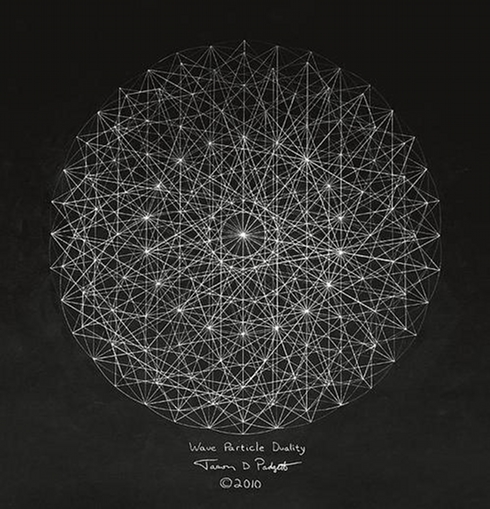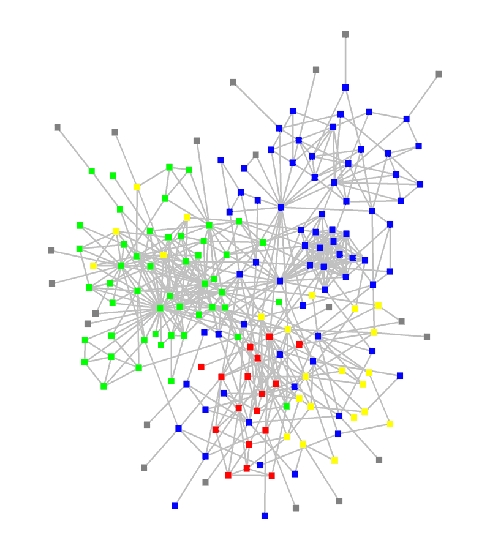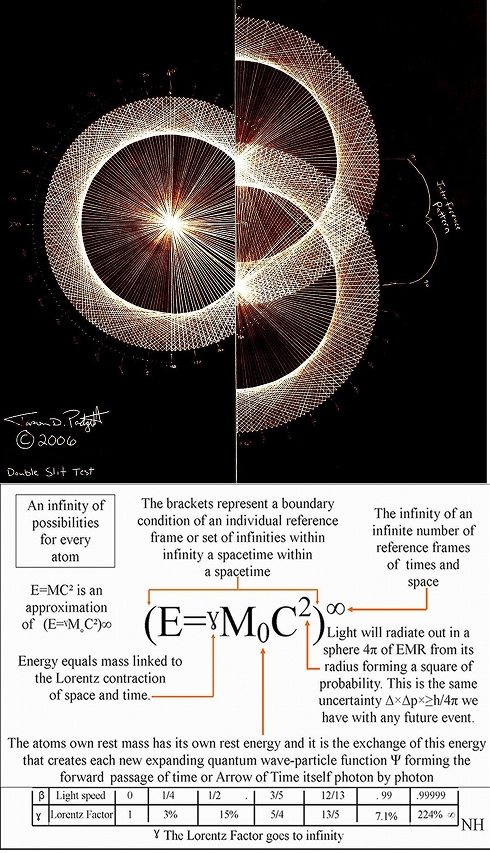
A mixture of sweet and sour apples render
a nice balance to the flavour of this cinnamon infused creation.
Text & Photo © JE Nilsson, CM Cordeiro 2013
It was over a delicate apple crumble dessert served with whipped cream and cinnamon, in the plush setting of the Bar and Billiard Room at Raffles Hotel in Singapore, that the importance of the use of status symbols in Asia was explained to me as a series of unhappy events that a Nordic company experienced in its early years in Singapore, during the late 1990s.
Different views of what defines success
Asia and Scandinavia have different views of what defines success. They also have different ways of showing social / organizational affluence, a lack of understanding on either side on the effective use of such status symbols could well lead to an awkward situation of miscommunication, some small, others needing nothing less than a crisis management strategy.
Some ten years ago, part of how Nordic organizations expanded their operations was to send a core-team of top Scandinavian managers to oversee initial functions in Asia. Chances are, this modus operandi has not changed much since then. Continue reading ”Conversation about status symbols over cinnamon infused apple crumble”
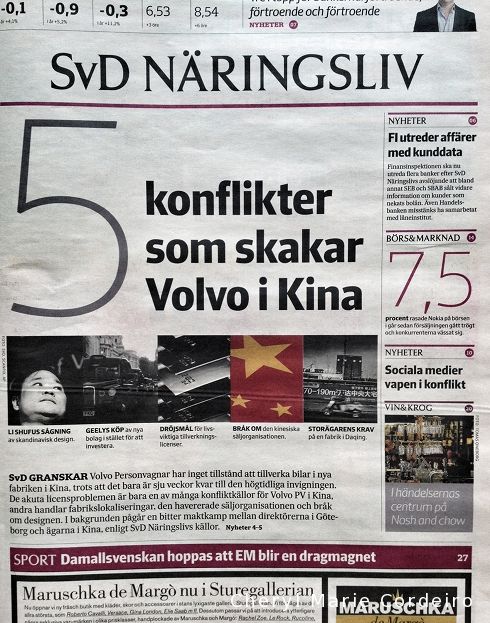
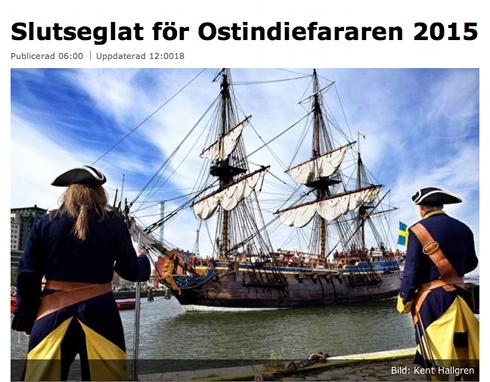

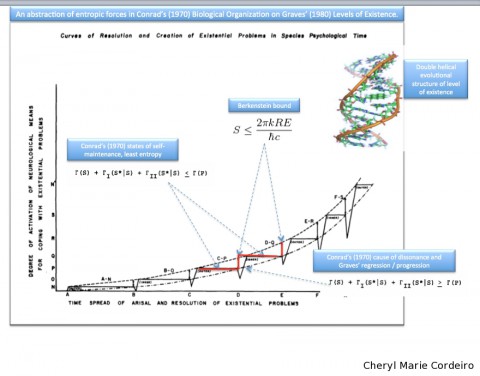
 The evening’s contemplation… the opening paragraph of Joergen Oerstroem Moeller’s article, “Economic Integration: the Future for Asia” in the Diplomatist’ special issue published on the occasion of the ASEAN-India mid-December 2012 meeting in New Delhi.
The evening’s contemplation… the opening paragraph of Joergen Oerstroem Moeller’s article, “Economic Integration: the Future for Asia” in the Diplomatist’ special issue published on the occasion of the ASEAN-India mid-December 2012 meeting in New Delhi.
![Vasquez, Rodriguez and Roemer (2008) arXiv:0807.2217v1 [cond-mat.dis-nn]:](https://cherylmariecordeiro.se/wp-content/uploads/2012/10/Multifractal-3D-Anderson-model.jpg)
